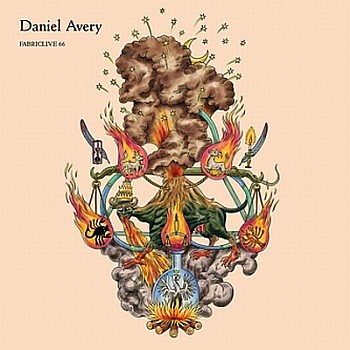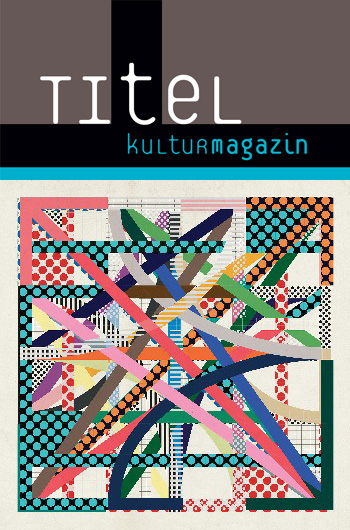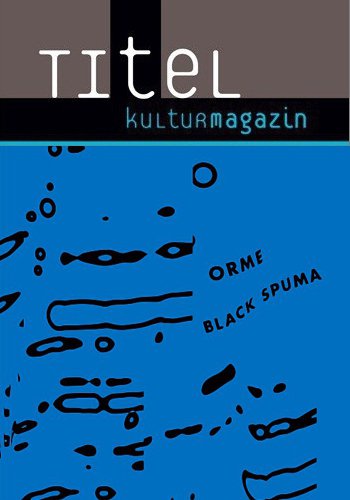Bittles‘ Magazine | Daniel Avery
Daniel Avery is a producer who makes the type of house music that makes me remember why I fell in love with house music in the first place. Bubbling bass, crashing beats, and edgy synths are all thrown into the mix to create something which positively snarls at the body urging it to move to the beat. This is music made for losing yourself. For closing your eyes, hands in the air, dancing even though you’re exhausted, and thinking to yourself ›thank fuck I am here rather than anywhere else‹. By JOHN BITTLES

After spending the past couple of years bubbling away in the ›underground‹ 2013 might just be Daniel’s year to hit the big time. He first turned heads with his rough and frenetic DJ sets which ably took in elements of disco, techno, acid house, and lashings of raw analogue funk. Well renowned for leaving numerous dancefloors around Britain battered and bruised he became something of a word of mouth sensation until even if you hadn‘t actually seen him play, to everyone that mattered, you always claimed you had. Word spread until within a very short space of time he was offered a residency at London clubbing institution Fabric.
The problem with making it too early is that most people just assume that they have now ›made it‹ and rest on their laurels for the remainder of their brief careers. Those with talent though know that it isn’t enough and push themselves more and more. Rather than playing the hits, or the ›right‹ tunes, Daniel’s sets became more intimate as he got to know the crowd. He trusts them just as they trust him and together they took many an epic journey into the hedonistic world of Jack.
Production-wise in 2012 he released the truly devastating Water Jump EP on Erol Alkan’s Phantasy Sound label. All four tracks were like a slap to the face for most producers out there, containing as they did an urgent, raw house sound that was reminiscent of the tough under-produced music which characterised those very first acid records from the late 80s. Listening to Drone Logic from the EP was like being high even though you hadn’t taken drugs. Title track Water Jump commanded you to move and final track A Quiet Life sounded almost like a brutalised take on progressive house, (yes, there is even a breakdown on there).
Acid house legend Andrew Weatherall was so impressed by what he had heard that he admitted at one stage that his sets had become more or less ‘an Avery mega-mix’. And if there is one thing that you can guarantee in this fickle thing which we like to call life it is that Andrew Weatherall knows his shit.
Spending every available moment in Mr Weatherall’s bunker studio which resides within that hipster capital Shoreditch he is surrounded by an ocean of analogue equipment. For me anyway this seems like an epic wet dream come true. Yet Daniel has talent in abundance and has now put in the time to get to know the gear which he ably utilises to push his productions further and further. For those in the know every single one of his releases have literally been deemed ›buy on sight‹.
Daniel Avery’s dancefloor bombs contain warm analogue funk and soul that produce a fuzzy tingly sensation with every listen. While the rising stars of electronic music are moving more and more towards digital production which almost sees music as mathematics and can lead to the creation of clinical soulless sounds, Daniel’s tunes can’t help but sound real. When listening to his Movement EP or Need Electric it is hard not to conclude that he sounds almost like no-one else right now. His music has a rawness, grit, and downright dirtiness that is reminiscent of Phuture or early Chicago house, but given a modern disco and drone dynamic that makes each and every track 100% his own.
Tunes such as Light into Dark and Water Jump will devastate any forward thinking club and were seemingly created to be heard in dark, sweaty basements where you don’t know who’s hand that is on your ass and the drugs are better than the beer. In contrast tracks such as Sleeper and Flashlights show a psychedelic sensibility reminiscent of a more electronic take on shoe-gaze and indicate someone who is more than able to portray a vast array of emotions with his machines.
Yet Daniel claims to be a ›DJ first and foremost‹ and one need only have a listen to his Fabric mix CD to hear why. In a recent interview he claimed that:
›It’s rare to be able to take such a risk in a club as you can in Fabric. I love weird records; that original, lawless spirit of acid house where the music is pulsing but will also throw in some mind-bending, psychedelic elements to knock you sideways and make you lose yourself within it. This mix is my take on that idea.‹
And, in my opinion, if that doesn’t excite you then you don’t deserve your legs.
| JOHN BITTLES










